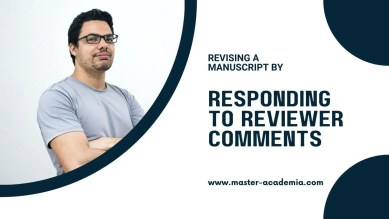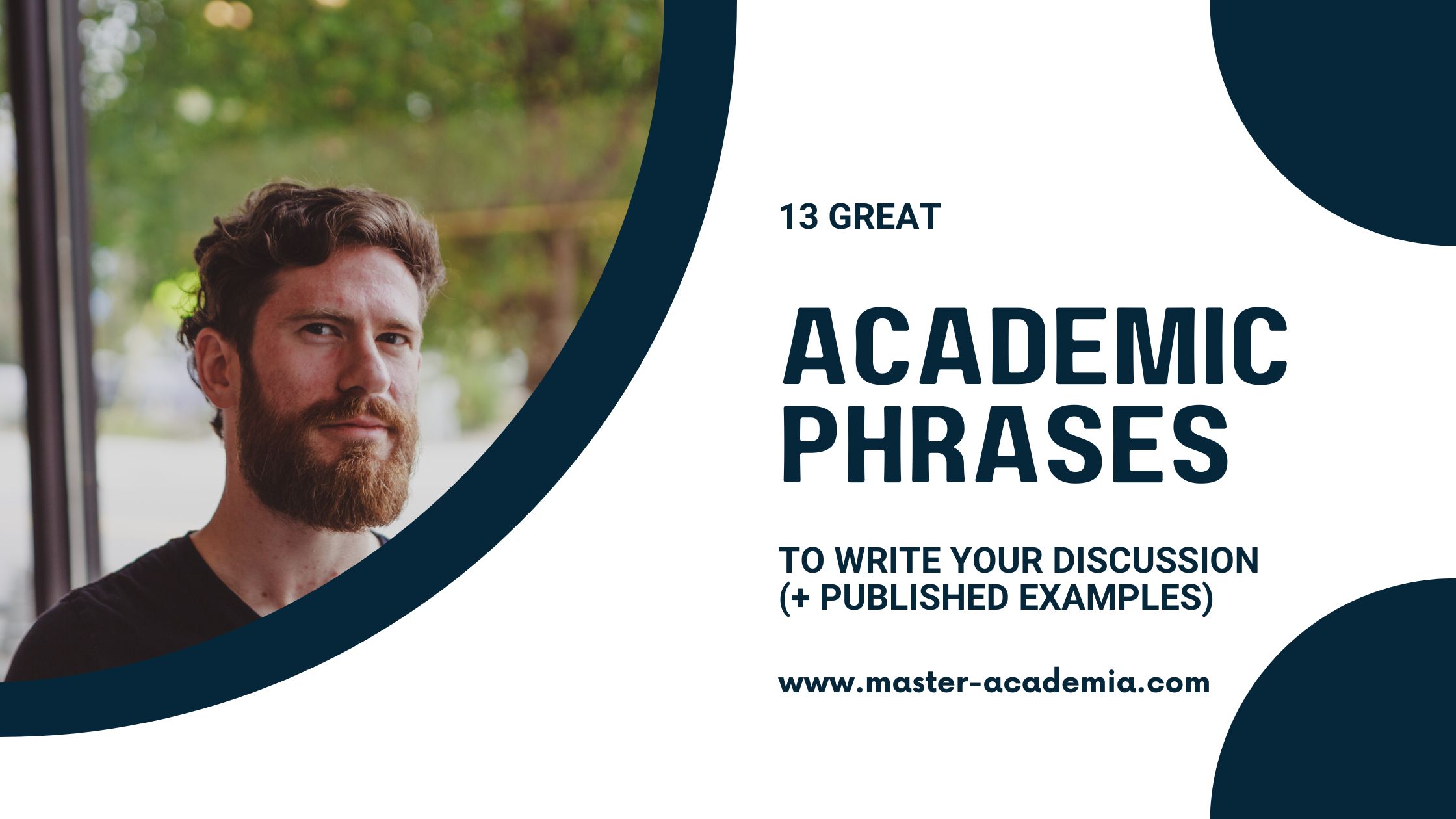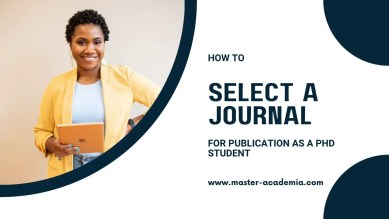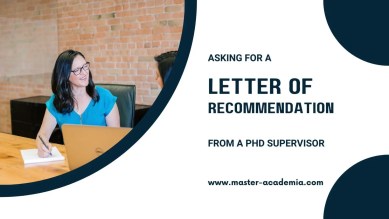
Many PhD students have a hard time separating their self-worth from their PhD work. This is especially true when they experience setbacks in their PhD projects. While it is not an easy task, creating that separation can improve a PhD student’s resilience and well-being in the long term.
Contents
- How self-worth gets entangled with PhD work
- How to separate your self-worth from your PhD work
- Focus on your intrinsic self-worth as a PhD student
- Treat your PhD as an activity, not your identity
- Reframe failures as a normal part of a PhD
- Talk to yourself as you would talk to your friends
- Cultivate interests and hobbies outside of your PhD
- Create a diverse circle of friends
How self-worth gets entangled with PhD work
Doing a PhD is an intensive and time-consuming process. Deadlines, the pressure to publish, and a competitive labour market. It is easy to neglect everything else and just focus on your PhD.
However, there lies a danger in excessive commitment to one’s PhD.
PhD students run the risk to entangle their self-worth with their PhD progress, which contributes to high rates of anxiety, depression and burnout.
It is a common scenario: When the PhD is going well, you feel good about yourself and your self-esteem is growing. But then, inevitably, there will be setbacks. Think of a failed experiment. A manuscript rejection. Or a bad review. Your self-worth starts to crumble.
Many PhD students struggle because they feel not good enough. They feel like they don’t belong. And as if they are not worthy of good things happening to them.
This is obviously not true. But when your self-worth becomes too entangled with your PhD, and your PhD project runs into challenges, it becomes difficult to see that.
How to separate your self-worth from your PhD work
In today’s world, our identities are extremely intertwined with our work. And this is true for all professions, not just for academics. The first question that most people ask when meeting someone new is “What do you do for work?”.
Thus, it is no surprise that PhD work is often tied to self-worth. But as the drawbacks are massive, and can leave PhD students miserable, separating the two should be prioritized.
The following six strategies can help you to separate your self-worth from your PhD work:
- Focus on your intrinsic worth
- Treat your PhD as an activity, not your identity
- Reframe failures as a normal part of a PhD
- Talk to yourself as you would talk to your friends
- Cultivate interests and hobbies outside of your PhD
- Create a diverse circle of friends
The different strategies are described in more detail below.
If your self-worth is mainly driven by your PhD work, you’re unfortunately not in for a quick fix.
Separating your self-worth from your PhD work requires continuous reflection and practice. It is not an overnight solution to instantly feel better, but shifting your perspective can improve your resilience and well-being in the long term.
Focus on your intrinsic self-worth as a PhD student
There are two ways of perceiving your self-worth. Intrinsically and extrinsically.
Intrinsic means that your self-worth comes from within. As a PhD student, it means that you know your own value and feels good enough without (too much) external validation.
Intrinsic self-worth combines a healthy dose of self-love and confidence, existing independently from your performance as a PhD student.
Extrinsic means that you derive your self-worth predominantly from external sources. As a PhD student, this could be praise by a supervisor, compliments by colleagues or the number of citations of your articles.
No one is immune to extrinsic validation. We all like the be praised and admired. But to improve resilience in challenging situations, PhD students benefit from actively focusing and working on their intrinsic self-worth.
Treat your PhD as an activity, not your identity
There are times when you ‘eat, sleep and breathe’ your PhD. It is important to make sure that these periods are temporary because you don’t want your PhD to become your whole identity.
A simple way to create some distance between you as a person, and your PhD is to see your PhD as a job like any other. Start looking at your PhD as an activity in which you are currently engaging.
Treating your PhD as an activity helps you to see it as something temporary. Activities do not define who you are deep down as a person.
Sure, you are a PhD student. But instead of introducing yourself as a PhD student, why don’t you say “I am currently doing a PhD” next time? Minor tweaks like that can have a huge impact on how you perceive yourself.
Reframe failures as a normal part of a PhD
Oh, failures… Academia is full of them. What is considered a failure differs from person to person, but we all experience them.
Once you understand, at a fundamental level, that failures are a normal part of academic work, running into difficulties or setbacks will still be frustrating. But it will have less of an impact on your self-worth.
We should normalise failures. Share more openly the thing that did not work out as planned. And instead of seeing failures as an endgame, we should see them as opportunities to learn.
Even if nothing works out in your PhD, you deserve to be here. You deserve to take up space. And you deserve good things in life. A good, bad, finished, or quit PhD is not going to change that.
Talk to yourself as you would talk to your friends
We all speak to ourselves unconsciously. Most inner dialogue is full of negative self-talk. And the way we speak to ourselves can influence our stress levels and mental health.
Try to be mindful of your inner dialogues. Be aware of limiting beliefs.
If you engage in negative self-talk, you can try to speak your thoughts out loud. Would you ever, in a million years, speak to a friend like that?!
Negative self-talk tends to be much harsher than anything we would say to a friend.
With friends, we tend to have a lot of understanding, compassion and patience. Make it a habit to talk to yourself in the same way as you would talk to your friends.
Cultivate interests and hobbies outside of your PhD
There will be times when you are so busy with your PhD that you will skip dinner with friends, or skip going to the gym. And sometimes, you just need to stay home and binge on Netflix to relax.
But as a general rule of thumb, make space for interests and hobbies outside of your PhD!
Switching off from work and engaging in fun activities is important for your well-being. Your brain also needs proper rest from your PhD.
Exploring interests and hobbies outside of your PhD puts your PhD into perspective. Yes, the PhD is an important part of your life, but not the only one.
Create a diverse circle of friends
Having great PhD colleagues, who also become friends, is a wonderful thing. Having friendships with others who go through a similar journey can make many PhD challenges much more bearable.
However, if you only hang out with your ‘PhD buddies’, you can very easily slip into endless conversations about your PhDs. Your progress, your challenges, other academics… The PhD can remain the centre of attention.
Once in a while, it is good to leave the academic bubble.
If only to realise that academia is a bubble. Academia is a microcosm on its own, but there is life happening outside academia as well. And you can exist in that outside world too.



